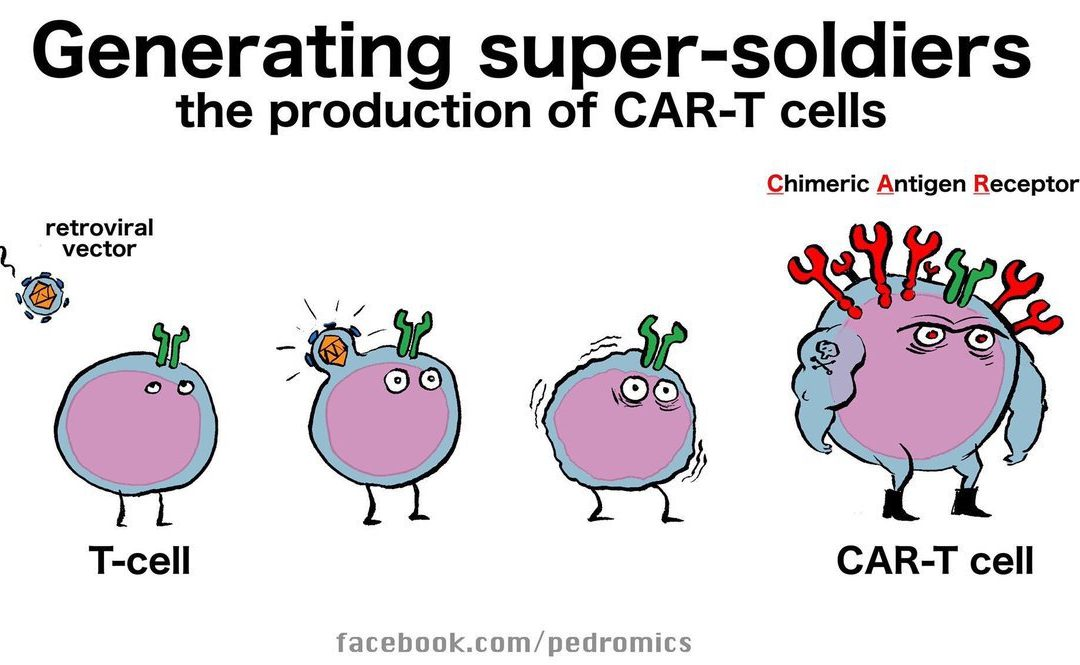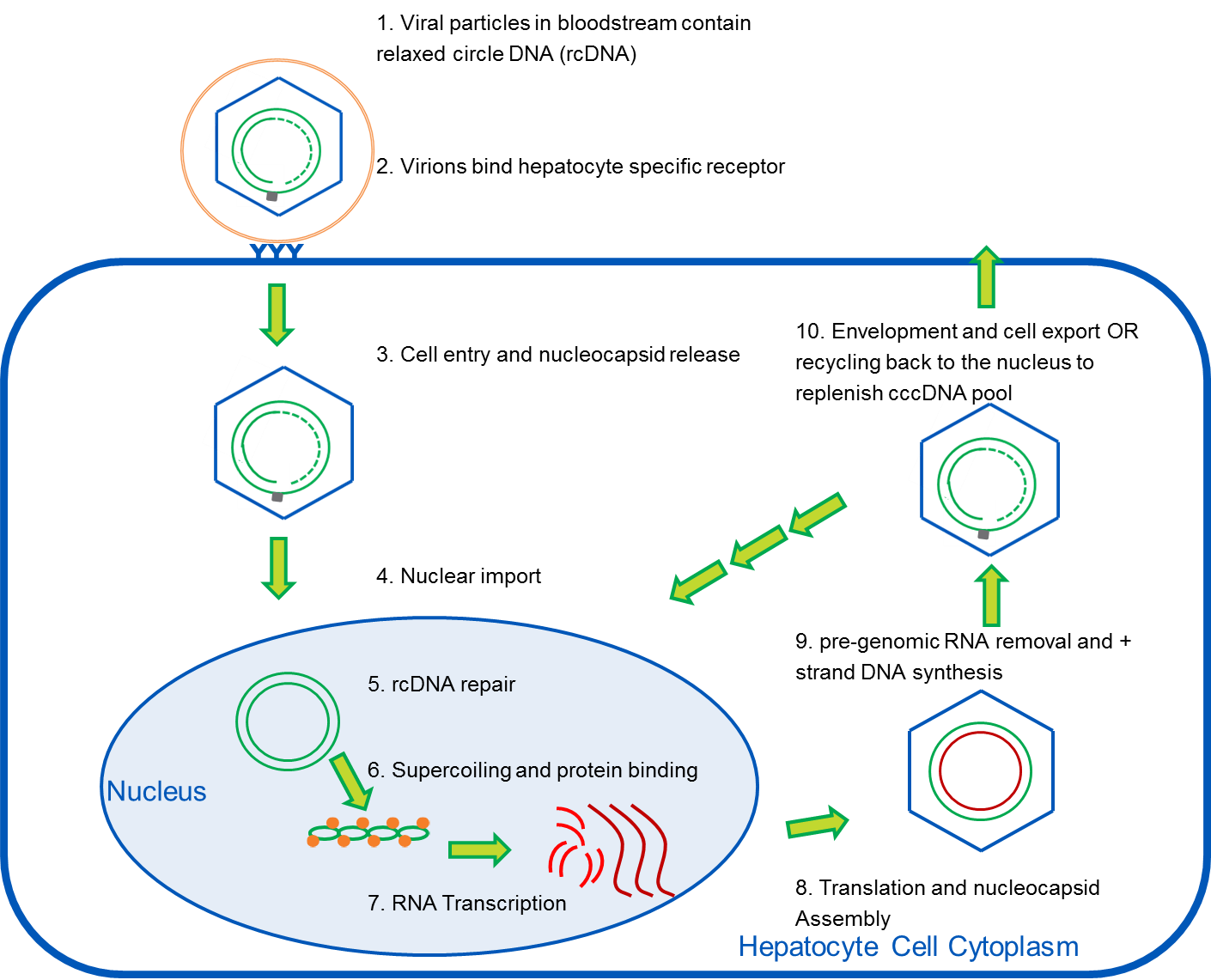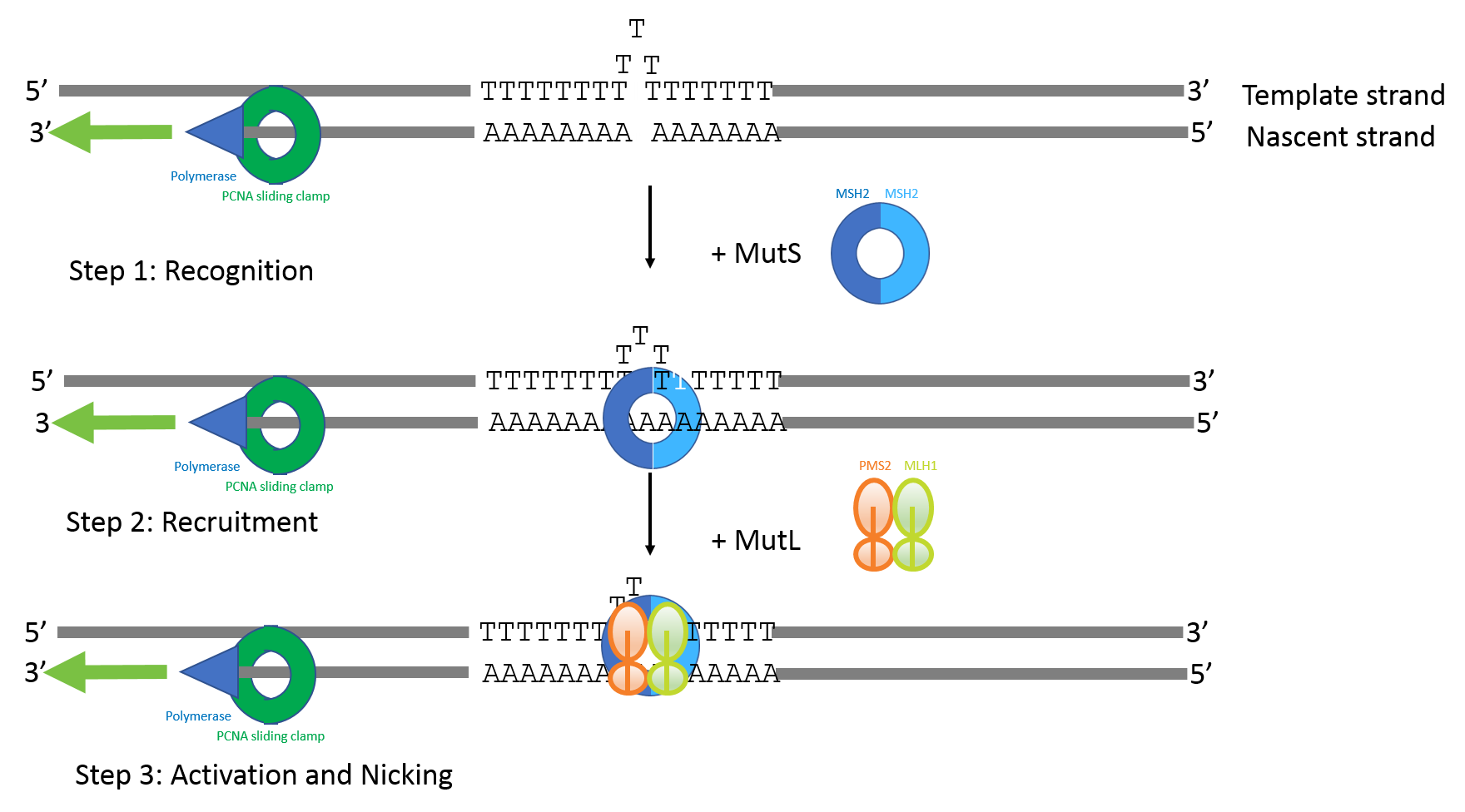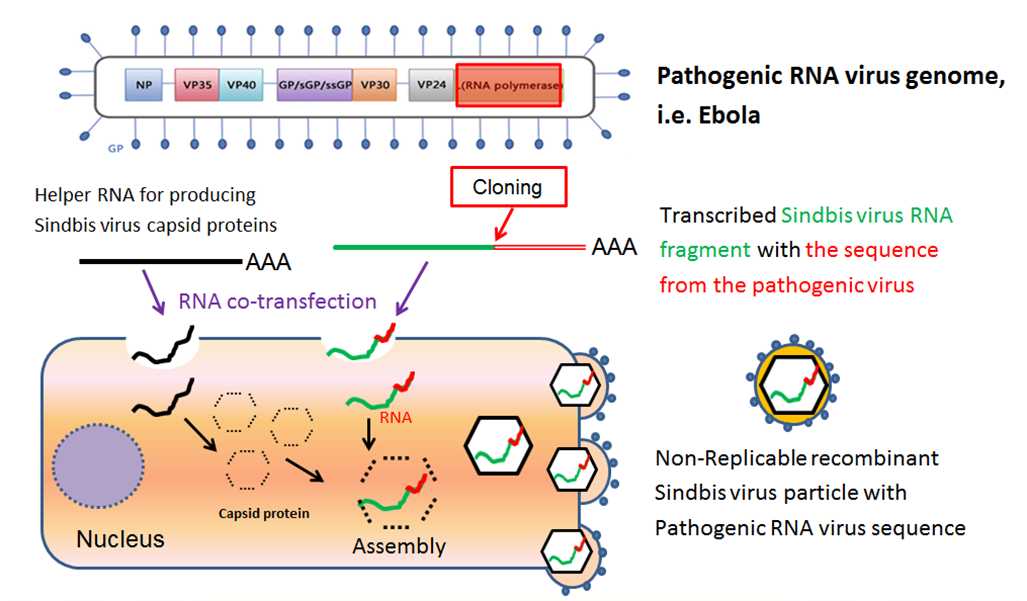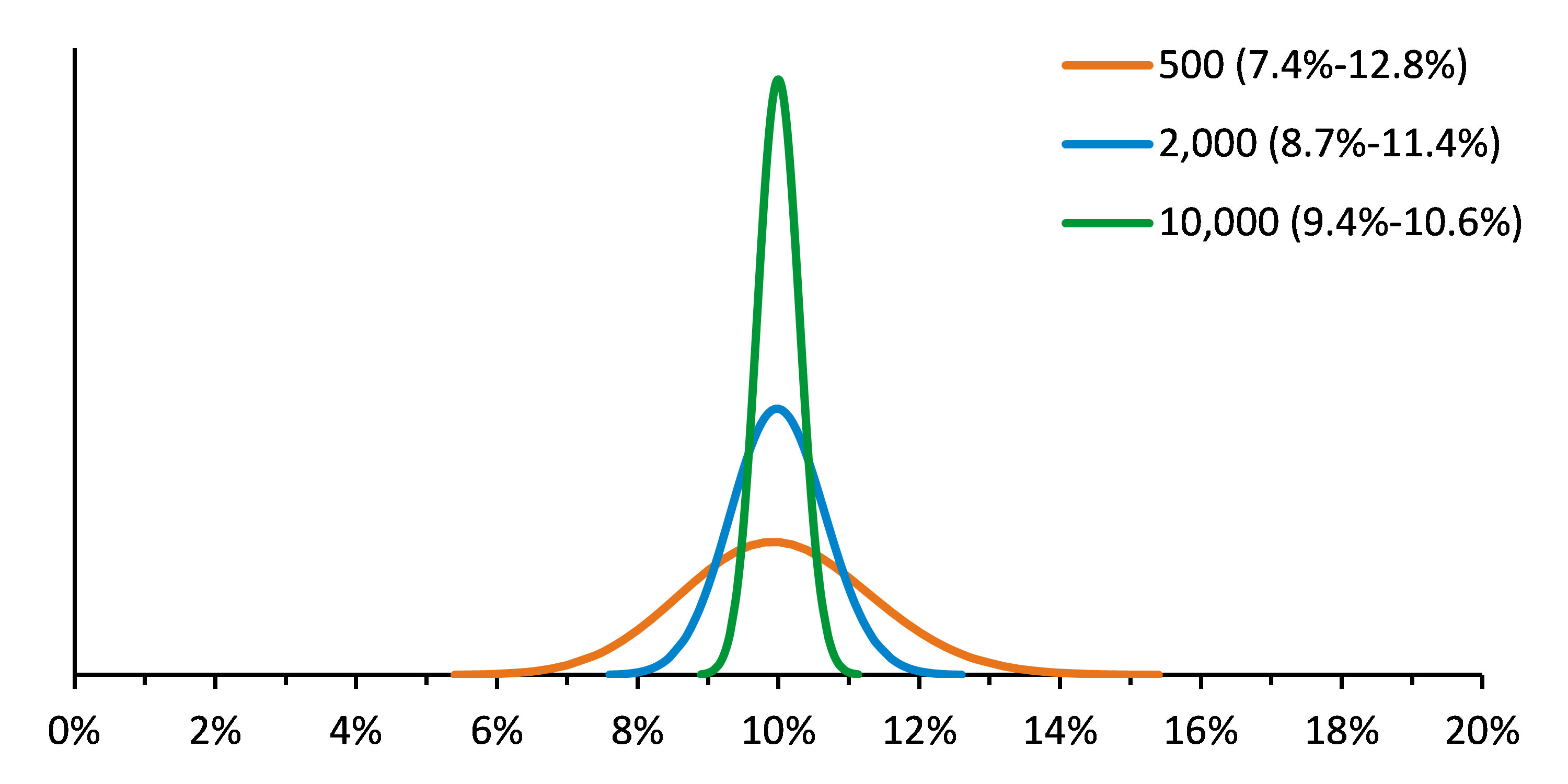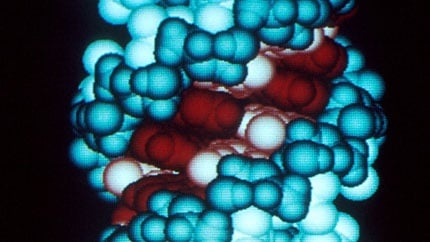Choose your Article Focus | NGS | Molecular & Serology
Catherine Huang, PhD
Recent Posts
Presenting NTRK Reference Materials for Global Assay Standardization at AACR 2019
Category: SeraSeq, NTRK, RNA fusion, AACR
Posted by
Catherine Huang, PhD on Apr 8, 2019 12:00:00 AM
On the last morning of AACR 2019, I had the privilege of presenting a poster together with my colleague, Sebastian Bender from Bayer AG, in Berlin. Because of this, I didn’t have a chance to attend any talks, but I still wanted to finish out my blog series with highlights from each day of the conference.
0 Comments Click here to read/write comments
AACR 2019 Day Three: Understanding T-cell Therapy for Unique Cancer Mutations
Posted by
Catherine Huang, PhD on Apr 4, 2019 12:00:00 AM
My third day at the AACR Annual meeting was a day of phenomenal presentations. I am struggling to choose just one to tell you about because I attended multiple inspiring, thought-provoking, and even entertaining talks today. I decided to report on the plenary presentation by Steven A. Rosenberg entitled “T-cell therapy targeting unique cancer mutations” because I think this story has the most potential to positively impact patient outcomes.
0 Comments Click here to read/write comments
AACR 2019 Day Two: Learning About the Microbiome in Immuno-Oncology
Posted by
Catherine Huang, PhD on Apr 3, 2019 12:00:00 AM
At the AACR Annual Meeting, I was most excited to attend the major symposium entitled “The Microbiome as an Orchestrator of Immunity and Cancer Immunotherapy,” which featured three highly informative talks. First, Gregory Sonnenberg from Weill Cornell Medicine gave an overview of how the microbiome contributes to immune homeostasis in the intestine.
0 Comments Click here to read/write comments
AACR 2019 Day One Highlights: Next-Generation Car T Cells
Posted by
Catherine Huang, PhD on Apr 2, 2019 12:00:00 AM
I’m excited to be at the Annual AACR meeting at the Georgia World Congress Center in Atlanta, GA. AACR is my favorite scientific meeting because each year I am inspired by the remarkable research presented and leave the conference feeling I’ve learned an incredible amount in just a few days.
0 Comments Click here to read/write comments
cccDNA and HBV: New Testing Methods May Allow for Earlier, Non-Invasive Detection of Hepatocellular Carcinoma
Posted by
Catherine Huang, PhD on Aug 23, 2018 12:00:00 AM
A recent study, published in the Journal of Molecular Diagnostics, describes a new, more sensitive Hepatitis B Virus (HBV) assay1. This study, led by Song-Mei Liu, MD, PhD, of the Center for Gene Diagnosis, Zhongnan Hospital of Wuhan University in China, is particularly exciting because the new assay can be used to diagnose hepatocellular carcinoma (HCC) at an earlier stage and to manage antiviral HBV treatments more effectively. It also highlights the way innovative molecular diagnostics can play a synergistic role with the development of new pharmaceutical therapeutics.
0 Comments Click here to read/write comments
Microsatellite Instability Testing to Predict Immunotherapeutic Response: New Tools to Meet Testing Challenges
Category: NGS
Posted by
Catherine Huang, PhD on Jul 30, 2018 12:00:00 AM
Microsatellites are simple tandem repeats that are present at millions of sites in the human genome. Microsatellite Instability (MSI) is defined as a change of any length due to either insertion or deletion of repeating units in a microsatellite within a tumor compared with normal tissue.1 The molecular mechanism for the change in repeat length is slippage of nascent DNA strand with respect to the template strand during replication followed by failure to recognize the mismatch due to deficiency in mismatch repair genes.
0 Comments Click here to read/write comments
Ebola Outbreak 2018: Diagnostics Again are Essential to Minimize Spread and to Control Disease
Category: Accuplex, reference materials
Posted by
Catherine Huang, PhD on Jun 25, 2018 12:00:00 AM
On April 4th, 2018, a new outbreak of Ebola Virus Disease (EVD) occurred in Equateur Province in the Democratic Republic of the Congo. As of June 10th, there have been a total of 55 EVD cases and 28 deaths with a case fatality rate of 50.9%. Although the outbreak remains active, public health authorities have expressed cautious optimism because there have been no new cases in two of the three affected areas (Bikoro and Wangata zones) since May 17th, 2018 and the rate of new cases in the third affected zone (Iboko) has slowed.1
0 Comments Click here to read/write comments
FAQ: What to do when your NGS assay fails to detect a variant contained in Seraseq Reference Materials?
Posted by
Catherine Huang, PhD on Jun 11, 2018 12:00:00 AM
Highly multiplexed reference materials are particularly valuable when developing and optimizing new NGS assays because they allow you to evaluate the performance of your assay across a large number of variants including different variant types (SNVs, indels, homopolymeric variants, etc.) and contexts. However, it can be frustrating when a variant in the reference material is not detected, or not detected at the expected variant allele frequency. Troubleshooting such issues can give new insight into the performance of the assay. Here we share some stories from Seraseq™ users where the lack of detection of one or more variants at the expected levels helped them improve their assay or set more appropriate QC thresholds.
0 Comments Click here to read/write comments
Twists and Turns That Lead From “Curiosity Driven Research” To Innovative Diagnostics
Category: RNA fusion, AACR
Posted by
Catherine Huang, PhD on May 8, 2018 12:00:00 AM
Jennifer Doudna is not a cancer biologist and joked that she might deliver her entire lecture at the 2018 AACR Annual Meeting without ever mentioning the word “cancer.” However, when presenting the Irving Weinstein Foundation Distinguished Lecture, she told a fascinating story about how curiosity regarding an interesting sequence motif in bacteria led to gene-editing tools, and how investigation of the mechanisms behind those tools may lead to innovative diagnostics for the future.
0 Comments Click here to read/write comments
With so many options, how do you select the best NGS cancer assay?
Category: NGS, cancer, RNA fusion, reference materials
Posted by
Catherine Huang, PhD on Jan 11, 2018 12:00:00 AM
Clinical labs must constantly evolve their test offerings in order to support the most recent advances in clinical care. For next-generation sequencing (NGS) tumor profiling assays, there are often multiple commercially available kits with similar claims for gene content and sensitivity, as well as customized solutions. How can you quickly perform an effective evaluation of available assay systems to make a data-driven choice?
0 Comments Click here to read/write comments

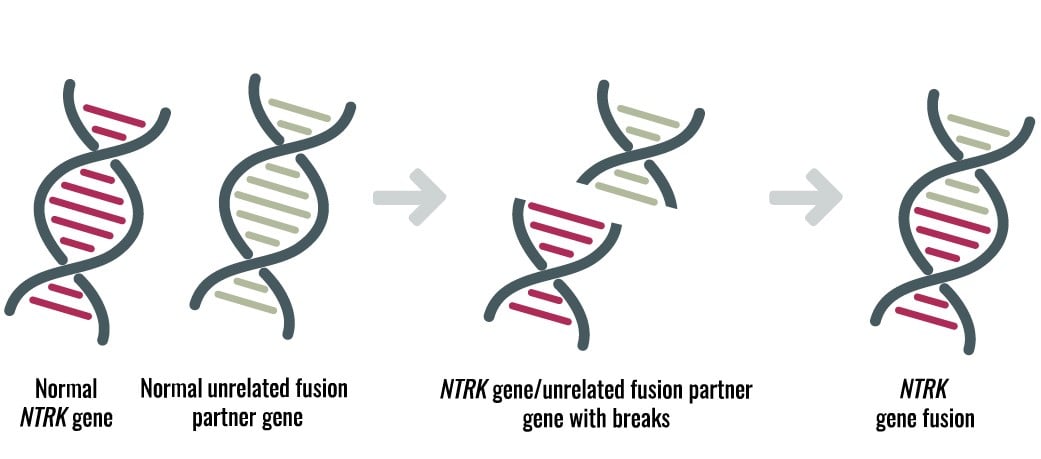
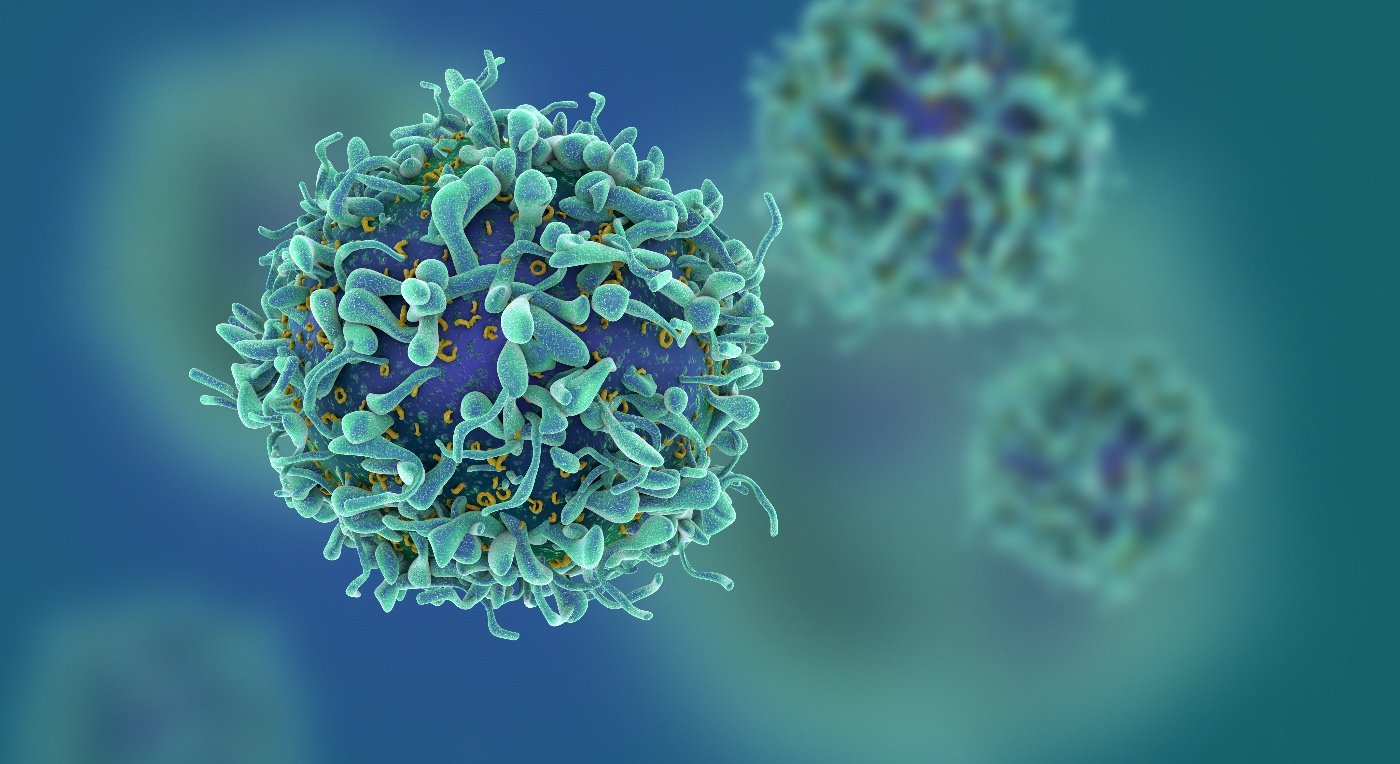
-blocks-the-binding-site-of-PD-1-(red)-on-a-T-cell-to-avoid-the-down-regulation-of-the-immune-system-by-cancer-cells_-1053-1.jpeg)
